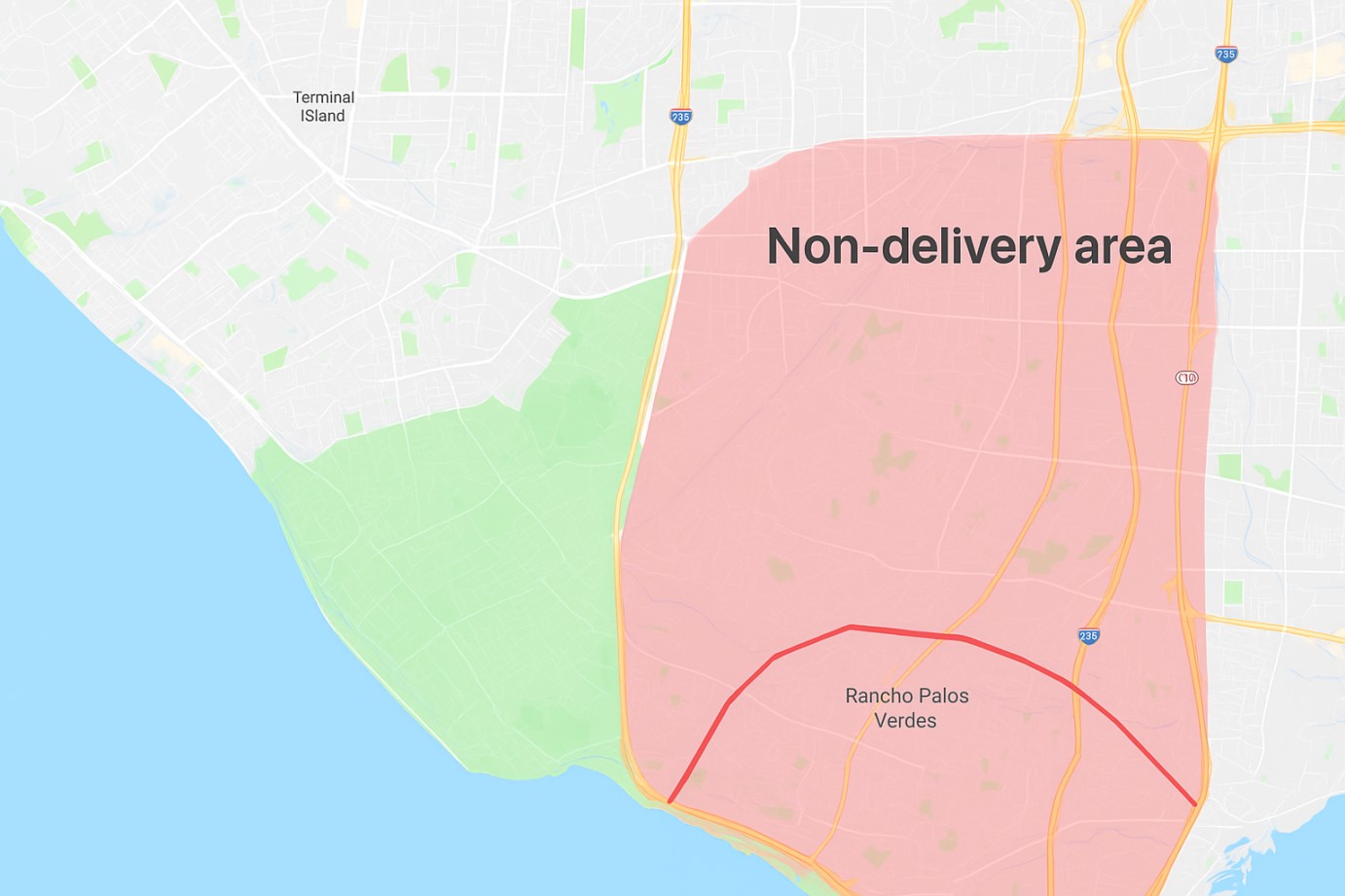This website uses cookies so that we can provide you with the best user experience possible. Cookie information is stored in your browser and performs functions such as recognising you when you return to our website and helping our team to understand which sections of the website you find most interesting and useful.
Working with WordPress hooks can be quite an adventure, isn’t it? Today, we’re diving into the posts_where filter, which allows you to filter the WHERE clause of your query. To get started, you’ll need to register this hook using add_filter. You can either add this code to the functions.php file of your activated theme or, better yet, create a custom WordPress plugin. Creating a plugin ensures that your modifications remain intact even when you update your WordPress theme. It’s always a good practice to keep things neat and future-proof.
Let’s dive into some live examples to see how you can effectively use the posts_where filter.
Example 1: Basic Usage of posts_where
In this example, we define a function weplugins_modify_posts_where_defaults that modifies the WHERE clause based on your website’s needs. We then register it with the posts_where filter.
function weplugins_modify_posts_where_defaults($where, $query) {
// Update the $where variable according to your website requirements and return this variable.
return $where;
}
// Add the filter
add_filter("posts_where", "weplugins_modify_posts_where_defaults", 10, 2);
Example 2: Conditional WHERE Clause Modification
Here’s how you can conditionally modify the WHERE clause. This comes in handy when you need to filter posts based on specific criteria.
function weplugins_conditional_posts_where($where, $query) {
if (is_admin()) {
global $wpdb;
if (isset($_GET['author_restrict_posts']) && !empty($_GET['author_restrict_posts']) && intval($_GET['author_restrict_posts']) != 0) {
$author = intval($_GET['author_restrict_posts']);
// Modify the $where based on the $author
}
}
return $where;
}
add_filter("posts_where", "weplugins_conditional_posts_where", 10, 2);
Example 3: Removing a Hook
If you ever need to remove the hook callback, here’s how you can do it. Be sure to use the same callback function name, priority, and number of arguments when removing the hook callback.
remove_filter("posts_where", "weplugins_modify_posts_where_defaults", 10, 2);
If you need any customization or encounter any issues, feel free to Contact Us for assistance. Visit our Contact Page and we’ll be more than happy to help out!
Explore the latest in WordPress
Trying to stay on top of it all? Get the best tools, resources and inspiration sent to your inbox every Wednesday.




